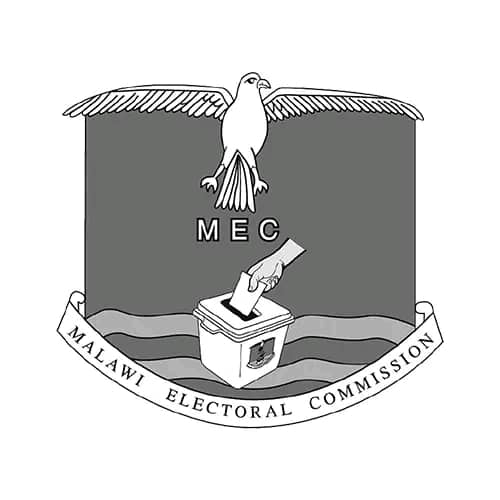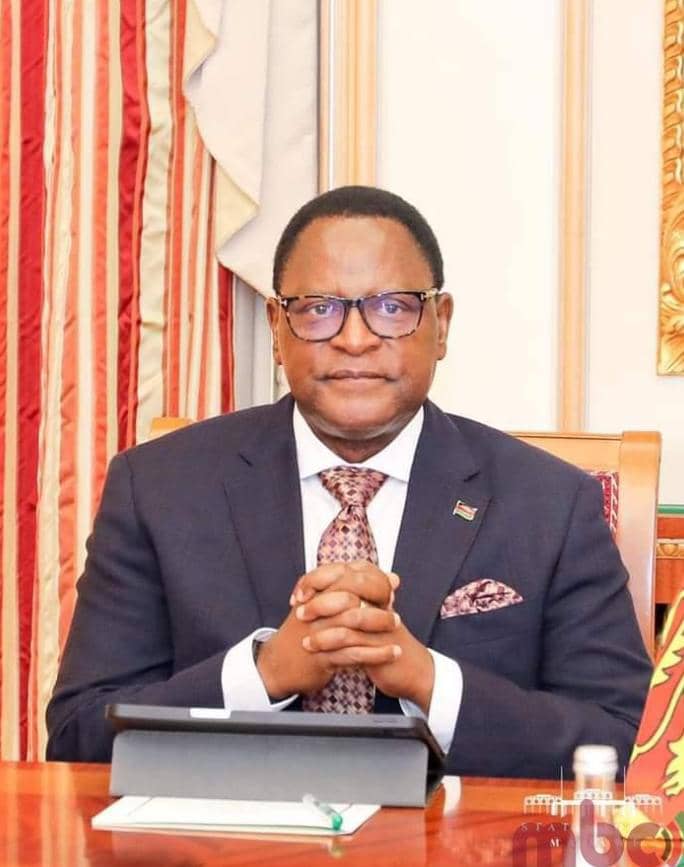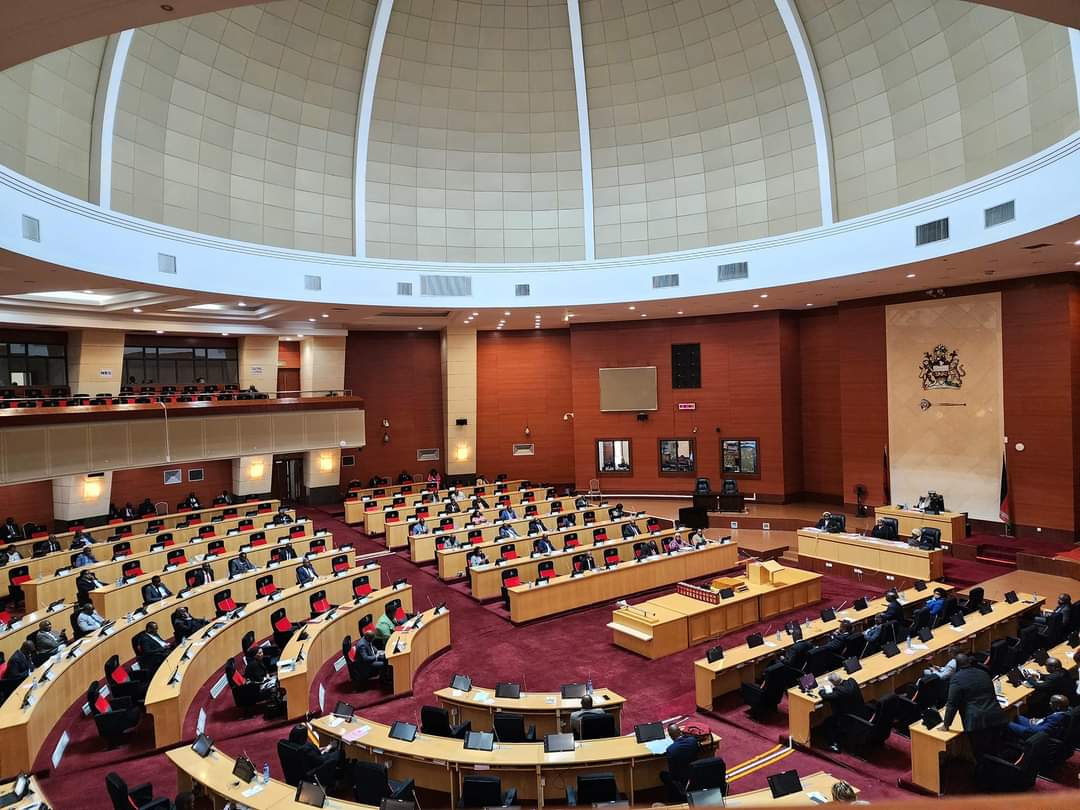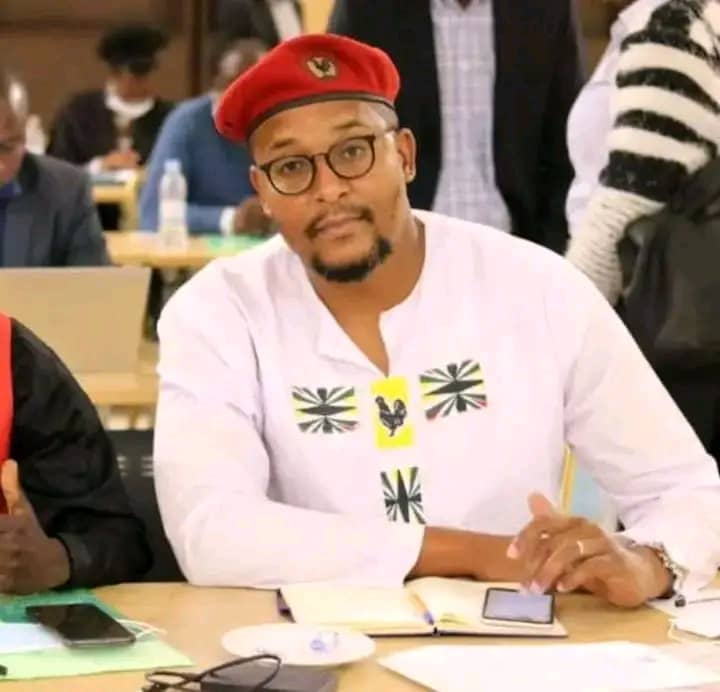By Burnett Munthali
The act of a sitting President depositing huge sums of money into the bank account of the Malawi Electoral Commission (MEC) chairperson before an election is not just a moral transgression—it is a serious crime that strikes at the very core of democratic governance.
Such an act undermines the principle of free and fair elections, which is the bedrock of any functioning democracy.
The Constitution of Malawi, under Section 40(3), clearly states:
“Every person shall have the right to vote, to campaign for a political party or cause, and to participate in peaceful political activity intended to influence the composition and policies of the Government.”
This right is violated when elections are rigged through presidential bribery of the electoral umpire.
When the head of state, who is also a contender in the election, engages in covert financial dealings with the very official charged with overseeing the integrity of the electoral process, it raises irrefutable concerns about bribery, corruption, and abuse of power.
This scenario creates an uneven playing field, where the electoral outcome may no longer reflect the will of the people, but rather the influence of illicit money.
The Constitution emphasizes under Section 76(2) that:
“The Electoral Commission shall exercise such functions in relation to elections as may be conferred upon it by this Constitution or by an Act of Parliament.”
For the MEC to function with integrity, its independence must be protected from presidential interference—especially financial.
It also suggests the possibility of pre-arranged election results, where the independence of the electoral body is compromised and manipulated in favor of the incumbent.
Section 12(1)(c) of the Constitution lays down a foundational principle:
“All legal and political authority of the State derives from the people of Malawi and shall be exercised in accordance with the Constitution solely to serve and protect their interests.”
A President bribing the MEC chair violates this social contract by subverting the people’s sovereign will.
The crime is particularly serious because it does not just involve two individuals—it affects the entire country, distorting the political landscape and eroding public trust in state institutions.
Citizens are left questioning the legitimacy of the election, the credibility of their leaders, and the purpose of voting itself.
Such actions can ignite national unrest, protests, and long-term instability, especially when the population perceives the election to have been stolen through corrupt means.
Legally, the transaction could constitute multiple offenses, including bribery of a public officer, abuse of office, money laundering, and even treason, depending on the country’s legal definitions and statutes.
The Constitution under Section 88(1) is clear on the expected conduct of the President:
“The President shall be responsible for the observance of the provisions of this Constitution by the executive.”
Bribing an electoral official is not only a violation of that duty—it is an active breach of the Constitution itself.
In many jurisdictions, tampering with electoral integrity at this level is classified as a crime against the state, and severe punishments, including impeachment and criminal prosecution, are often warranted.
Section 86(2) provides for the removal of a President if he or she violates the Constitution:
“The President shall be removed from office if he or she is found, in accordance with this section, to have seriously violated this Constitution or to have engaged in gross misconduct.”
A financial bribe to the MEC chair is both a serious constitutional violation and gross misconduct.
The MEC chairperson, as the custodian of electoral integrity, bears equal culpability if they accept such funds without disclosure or justification, effectively becoming complicit in subverting democracy.
Ethically, this situation also destroys the moral authority of the presidency, turning the office from a symbol of national unity into a tool for personal political survival at all costs.
It also sends a dangerous message to future leaders—that the electoral process is for sale, and power can be retained not by popular mandate but by corrupt transactions behind closed doors.
Ultimately, this kind of electoral fraud is not a victimless crime—it is the citizen who suffers, as their voice is silenced, their vote devalued, and their trust in democracy shattered.
If such an event occurs, it demands an immediate and independent investigation, led by institutions free from executive influence and empowered to prosecute wrongdoing at the highest level.
The international community may also be forced to weigh in, particularly if donor funds, observer missions, or regional peace are affected by a compromised electoral process.
In conclusion, when a President deposits large sums into the bank account of an MEC chairperson before an election, it is not merely a questionable act—it is a democratic emergency.
It is a betrayal of the people, a hijacking of the nation’s future, and a glaring sign that corruption has reached the highest office in the land.
No democracy can survive such rot without accountability, transparency, and justice.
If you’d like this formatted for publication or want to add quotes from legal experts or political commentators, I can help with that too.





